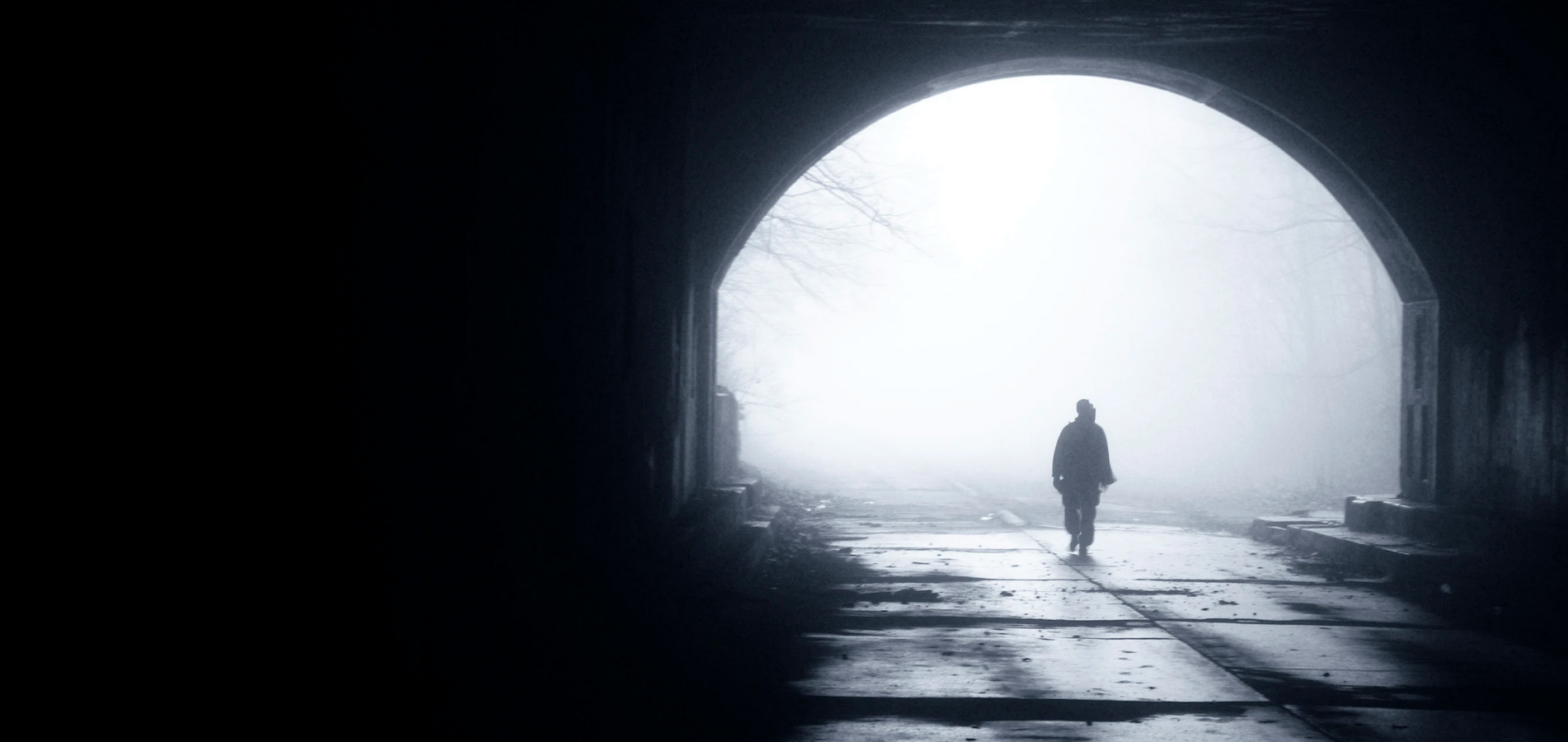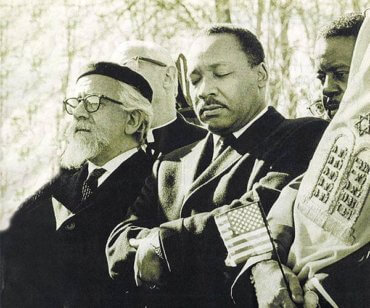
Is Rosh Hashana Meant to Be a Scary Holiday?
Dear Jew in the City-
I was raised to see Rosh Hashana as a terrifying time of year, that I would be judged by God in (aka Who Will Live and Who Will Die). I’ve obviously made a lot of mistakes, but I’ve met people who approach the holiday in a more positive way. What’s the correct mindset to have?
Thank you,
Faye
Dear Faye-
Emotions are funny things. Weddings are unambiguously joyous occasion but, stereotypically, plenty of people cry at weddings. While the jury is still out on exactly why that is, the theory is that we emotionally contrast the joy of the wedding with experiences of loss, such as one’s own failed romance, the divorce of one’s parents, the absence of a deceased loved one, an anticipated change in relationship with the bride or groom, etc.
Conversely, a funeral is an unambiguously sad occasion (unless one really disliked the deceased) but plenty of people laugh – often uncontrollably – at such things. That’s because death and mourning make them anxious and laughter is a psychological coping mechanism. Life events can be different, often conflicting, things. Laughter and tears often intermingle.
We see this in halacha as well. When someone enjoys a significant benefit, like buying a house, he recites either the bracha of shehechiyanu (that God brought us to this occasion) or haTov vehaMeitiv (that God is good and He does good things for us).[The difference in which bracha is recited hinges on whether one is the sole recipient of the good fortune or one of multiple beneficiaries.] When a close relative dies, we recite the bracha of Dayan ha’emes (that God is the truthful Judge). The Talmud in Brachos (59b) discusses a case in which one’s parent dies and leaves him a significant inheritance. First one recites Dayan ha’emes on the death, followed by shehechiyanu or haTov vehaMeitiv on the inheritance. (This is not to say that a death is in any way a good thing, just that life consists of both black and white, swirled together.)
Which brings us to Rosh Hashana. Is it a happy day or a sad day? The answer is a little of both – and a little of neither.
Consider that we normally recite Hallel (Psalms of praise) on Rosh Chodesh (the first day of the new month) and on yom tov. Well, Rosh Hashana is both yom tom and the first day of Tishrei, and yet we don’t recite Hallel! According to the Talmud (Rosh Hashana 32), that’s because it would be inappropriate for us to sing joyfully when the books of life and death lie open before God.
But that doesn’t make it a sad day! Tisha b’Av is a sad day. On Tisha b’Av, we fast, we sit on the floor, we don’t wear shoes and we refrain from greeting one another. On Rosh Hashana, we wear our finest clothes. We indulge in all sorts of delicacies. (Fasting is actually prohibited on Rosh Hashana!) We wish one another a good yom tov and a good year. It’s clearly a happy time.
But it’s not Purim. It’s not Simchas Torah. It’s not Pesach. Rosh Hashana is not a time for celebration and it’s certainly not a time for frivolity. Our judgment before God is serious business.
Consider the eighth chapter of the Book of Nechemiah, which takes place on Rosh Hashana:
“Ezra the priest brought the Torah before the congregation – both men and women – all who could hear and understand, on the first day of the seventh month (i.e., 1 Tishrei – Rosh Hashana). He read from it from the square before the Water Gate from the time it got light until midday in front of the men and the women and those who understood, and the ears of all the people listened to the Torah. Ezra the scribe stood on a wooden platform that they had made for the occasion…. Ezra opened the scroll in front of all the people, because he was above them, and when he opened it, all the people stood. Ezra blessed Hashem and all the people answered, ‘Amen, Amen,’ raising their hands, bowing their heads and prostrating themselves to Hashem on their faces to the ground…. The Leviim explained the Torah to the people, and the people stood in their place. They read in the scroll of God’s Torah clearly, and they explained and made the reading understandable to the people. Then Nechemiah, Ezra and the Leviim who explained it to the people said to them, ‘This day is holy to Hashem your God, so do not mourn or cry’ because all the people were crying when they heard the words of the Torah. He said to them, ‘Go eat delicacies, drink sweet beverages and send portions to those who have nothing prepared because today is holy to Hashem. Don’t be sad because Hashem’s joy is your strength.’ The Leviim calmed the people, saying, ‘Hush, today is holy, don’t be sad.’ So all the people went to eat, drink, send portions and rejoice because they understood the words that were explained to them” (excerpted from verses 2-12).
Is Rosh Hashana a sad day? No. The Bible passage excerpted above tells us explicitly that it isn’t. Is it a happy day? Yes, but not a frivolous one. What it is, is a solemn day. It’s serious, because we’re being judged, so we should take it seriously. But we are also optimistic of a favorable outcome. We should be in awe but not in mourning. We should have some healthy anxiety but not incapacitating fear.
Weddings, childbirth, dissertations, certain medical procedures – these are all things one might undertake voluntarily but not without some degree of anxiety. We work through the nervousness because we believe that good things await us on the other side. Rosh Hashana is the same way. It is a big deal and the outcome is serious business but we are optimistic that great benefits will be waiting for us once we’ve gotten through it.
Sincerely,
Rabbi Jack Abramowitz
JITC Educational Correspondent
Follow Ask Rabbi Jack on YouTube
If you found this content meaningful and want to help further our mission through our Keter, Makom, and Tikun branches, please consider becoming a Change Maker today.







